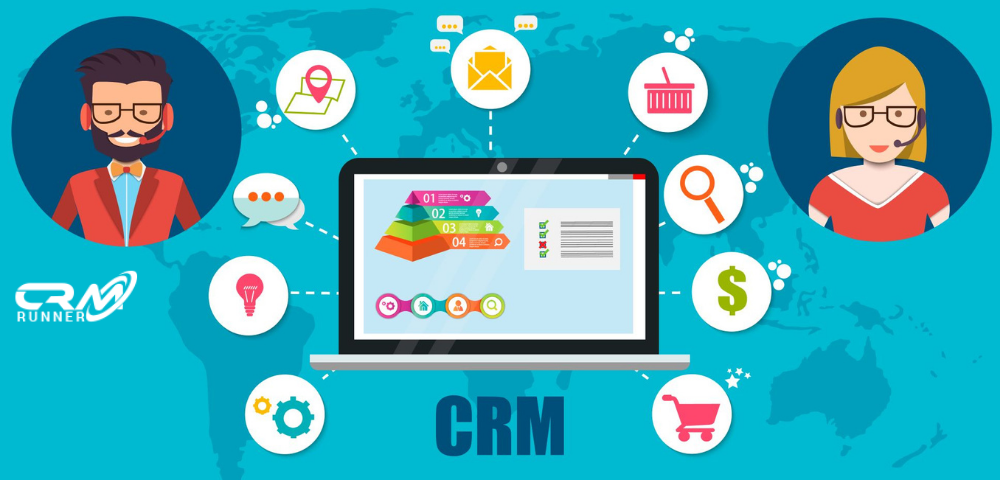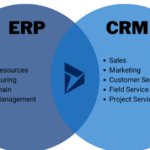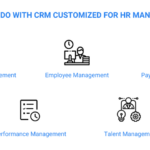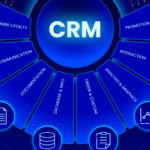Healthcare has paid closer attention to CRM in recent years as a commitment to manage, organize, and coordinate care in new and innovative ways. The belief is that for organizations that are expected to increase loyalty, establish a more trusted partnership, and increase patient satisfaction, CRM systems can increase patient engagement and relationship management. The effects of individual communication continue to be supported by research, which can lead to improvements in health outcomes for physical, mental, and chronic diseases.
Unfortunately, the adoption of CRM systems and service models in healthcare has unfortunately been later than necessary, and, as a consequence, patients often feel confused trying to navigate the complexities of our collective healthcare systems.
Advantages of CRM in healthcare
For years, many healthcare organizations have recognized population health as a key strategic priority, and most are aware that a CRM platform will be a key ingredient in achieving success. The CRM system can streamline and standardize clinical and operational workflows to identify, connect, engage, and influence patient behaviors proactively and measurably.
Enhanced Patient Experience :
In addition to speeding up both in-person and call wait times, CRM systems can help automate initial and follow-up contact workflows, intake, and referral processes. CRM also has the ability to automatically or promptly deploy patient experience and satisfaction surveys that can be used to assist segment populations and gain insights into how to improve communication and outreach programs. Best of all, with embedded treatment, care plans, medical educational materials, these systems can send initial and follow-up appointment reminders, and can even include current or upcoming clinical research trial options.
Patient Marketing Campaigns
CRM software enables patient marketing campaigns related to healthcare information, forums, or upcoming health screening activities to be planned. These systems can be used for periodic and targeted outreach programs specific to the condition, chronic illness, or quality measurement sets of a patient that are needed to manage care and improve results.
Physician Engagement
The ability of a doctor to understand their own network and refer to all primary care and specialists within their preferred network can help drive efficiencies and assist organizations in determining the overall strength of the network itself. Both the provider and patients may benefit from the ability to gain deeper insights into referral patterns, in and out of network traffic patterns, referring patterns for doctors who are owed versus those that aren’t owned.
Patient-Centered Connectedness.
A deeper level of insight into different demographics and groups of patients is provided by CRM. With the ability to interact with a targeted group or type of patient, develop pathways and programs for clinical care for particular conditions or disease states, enroll patients in virtual care programs such as telehealth or telemedicine, patients will feel engaged and supported in new and innovative ways by enabling advanced workflows to support the approval process for newly approved medications and procedures.
Conclusion:
CRM is going to become part of the future of healthcare. By integrating CRM into your strategic plan, organizations will be able to engage with the communities we all serve more efficiently.






0 Comments